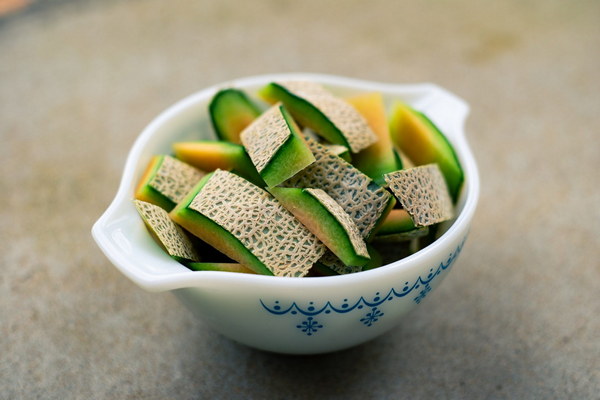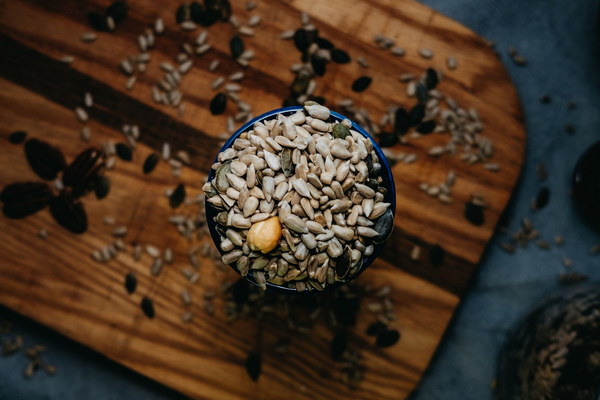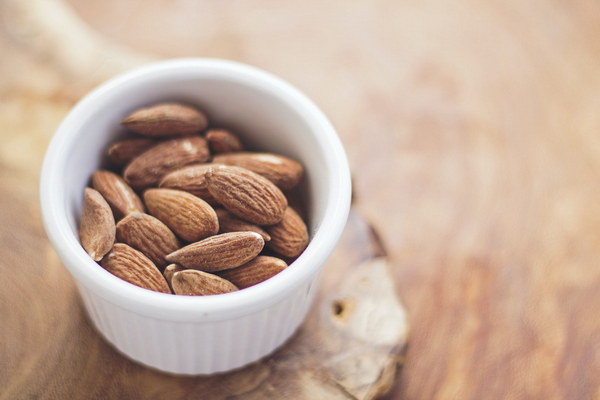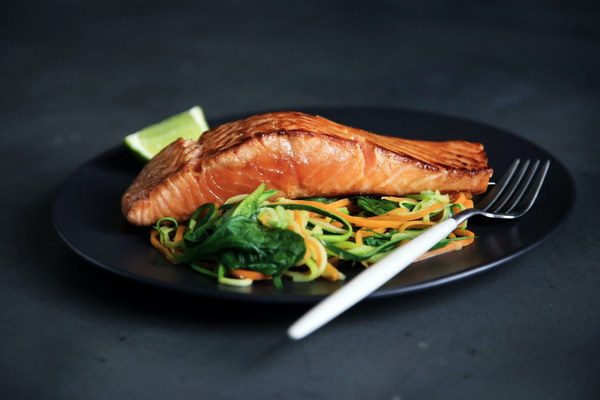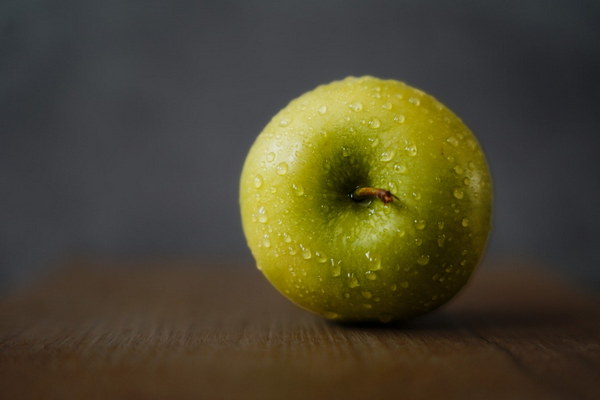Harmonize Your Wellbeing A Journey into Traditional Chinese Health and Wellness Practices
In the fast-paced world we live in, where modern medicine often takes precedence, the timeless wisdom of Traditional Chinese Medicine (TCM) offers a unique and holistic approach to health and wellness. This article delves into the essence of TCM, highlighting key principles and practices that can be integrated into everyday life for a balanced and vibrant lifestyle.
Understanding Traditional Chinese Medicine

At its core, TCM is based on the belief that the body is an intricate system where physical, emotional, and spiritual aspects are interconnected. By maintaining the harmony between these elements, one can achieve optimal health and longevity. TCM encompasses various modalities such as acupuncture, herbal medicine, dietary therapy, tai chi, and qigong, all of which aim to restore balance and prevent illness.
The Yin and Yang Theory
One of the fundamental concepts in TCM is the theory of Yin and Yang, which posits that the universe is composed of two complementary forces that are in constant flux. In the human body, Yin refers to cool, slow, and inward qualities, such as the body's fluids and the reproductive organs, while Yang represents hot, active, and outward qualities, such as the heart and the circulatory system. Maintaining a balance between Yin and Yang is crucial for good health.
Key Principles of TCM Wellness
1. Dietary Therapy: TCM emphasizes the importance of a balanced diet that includes a variety of nutrients and flavors. Foods are categorized according to their properties, which can be warming, cooling, or neutral, and are prescribed based on individual constitution and specific health concerns.
2. Herbal Medicine: TCM utilizes a vast array of herbs and natural substances to treat various ailments. These herbal remedies are often prescribed in combination to address the root cause of the problem rather than just the symptoms.
3. Acupuncture: This ancient practice involves inserting fine needles into specific points on the body to stimulate the flow of Qi (vital energy). Acupuncture can alleviate pain, reduce stress, and improve overall well-being.
4. Tai Chi and Qigong: These gentle exercises involve slow, deliberate movements, breathing techniques, and mental focus. They are designed to enhance the flow of Qi, improve flexibility, and boost the immune system.
Integrating TCM into Your Daily Life
Incorporating TCM practices into your daily routine can be as simple as following these steps:
1. Mindfulness: Practice mindfulness and self-awareness to become more attuned to your body's needs and emotions.
2. Diet: Embrace a balanced diet that includes a variety of fresh, whole foods and herbs recommended by a TCM practitioner.
3. Exercise: Incorporate tai chi, qigong, or other gentle exercises into your daily routine to promote a healthy Qi flow.
4. Acupuncture and Herbs: Seek the guidance of a licensed TCM practitioner to determine if acupuncture or herbal medicine can benefit your specific health concerns.
5. Rest and Relaxation: Prioritize rest and relaxation to help your body recover and maintain balance.
By embracing the principles of TCM and integrating its practices into your life, you can cultivate a deeper understanding of your own health and well-being. As the saying goes, Prevention is better than cure, and TCM offers a profound way to maintain balance and prevent illness, ultimately leading to a happier, healthier life.


